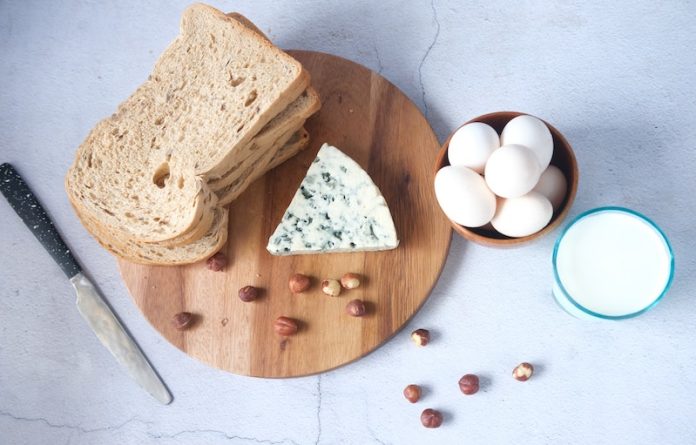
Scientists from the University of Oxford and elsewhere found Dairy food intake may be linked to liver cancer and breast cancer.
Dairy products or milk products, also known as lacticinia, are food products made from milk.
Dairy products include common grocery store food items in the Western world such as yogurt, cheese, and butter.
The nutrients in milk and dairy help to keep muscles, bones, nerves, teeth, skin, and vision healthy.
They also help maintain healthy blood pressure, support normal growth and brain development, and even support normal immune functioning.
But milk and other dairy products are the top sources of saturated fat in the American diet, contributing to heart disease, type 2 diabetes, and Alzheimer’s disease.
Previous studies have reported inconsistent associations of dairy food intake with certain cancers, including a higher risk of prostate cancer and lower risks of colorectal and breast cancers.
In the current study, researchers aimed to examine the link between dairy food intake and cancer risk in a population that had lower dairy consumption than Western populations.
They used data from 0.5 million adults free from cancer in ten diverse (five urban, five rural) areas across China.
The intake of major food groups, including dairy products, was tested using a food questionnaire.
The team found that during a follow-up of 11 years, 29,277 people had cancer. Overall, 20.4% of participants reported consuming dairy products (mainly milk) regularly.
There were strong associations of dairy intake with risks of total and certain site-specific cancers, including liver cancer, breast cancer, and lymphoma.
However, the association with lymphoma was not strong in further analysis. No strong associations were found for colorectal cancer or other cancers.
Based on the findings, the team suggests that in Chinese adults who had relatively lower dairy intake than Western people, higher dairy intake is linked to higher risks of liver cancer, female breast cancer, and, possibly, lymphoma.
The research was published in BMC Medicine and conducted by Maria G Kakkoura et al.
Copyright © 2022 Scientific Diet. All rights reserved.





